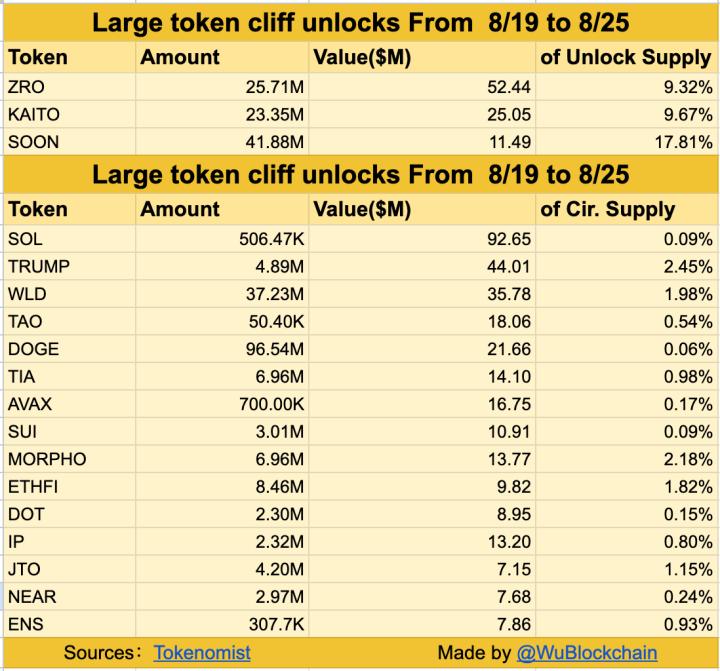Thailand is deploying a new digital payment initiative to help foreign tourists easily use crypto while in the country.
The TouristDigiPay program allows tourists to convert digital assets into Thai baht for quick payment via QR code at participating stores.
Thailand Launches Digital Wallet to Promote Tourism Using Cryptocurrency
According to The Nation's report, this move aligns with broader efforts to promote tourism and stimulate local economy through managed digital finance.
The Thai Securities and Exchange Commission (SEC) has guided this initiative and explored how digital assets can boost tourism-related spending.
In this program, foreign tourists must open accounts with approved digital asset and e-money providers. These accounts will convert cryptocurrencies like Bitcoin into baht for local spending.
The program will operate in a supervised test environment, ensuring strict compliance with Know Your Customer (KYC) and Anti-Money Laundering (AML) standards.
As part of the initiative, e-money providers will issue a dedicated Tourism Wallet. This wallet will allow seamless currency conversion and can be linked to foreign debit and credit cards.
Meanwhile, the government will apply spending limits to prevent abuse. Large stores with card readers can process up to 500,000 baht per month, and smaller stores have a 50,000 baht limit.
However, this move is not surprising, as Thailand's tourism industry is one of the country's primary revenue sources.
Government spokesperson Sasikan Watthanachan reportedly revealed that the country has welcomed around 20 million international tourists from January to August. Notably, this generated approximately 26.25 billion USD in revenue for the country.
With this in mind, the Thai government wants to attract more international tourists to its shores and continue supporting regulated cryptocurrency activities.
In recent months, Thailand has gradually accepted cryptocurrency by allowing stablecoins like Tether (USDT) and USDC to be used commercially. Additionally, the government recently issued a five-year personal tax exemption on profits from digital asset sales, effective from January 2025 to December 2029.







